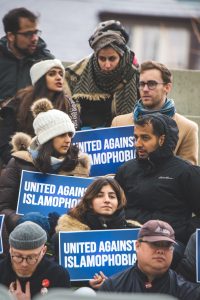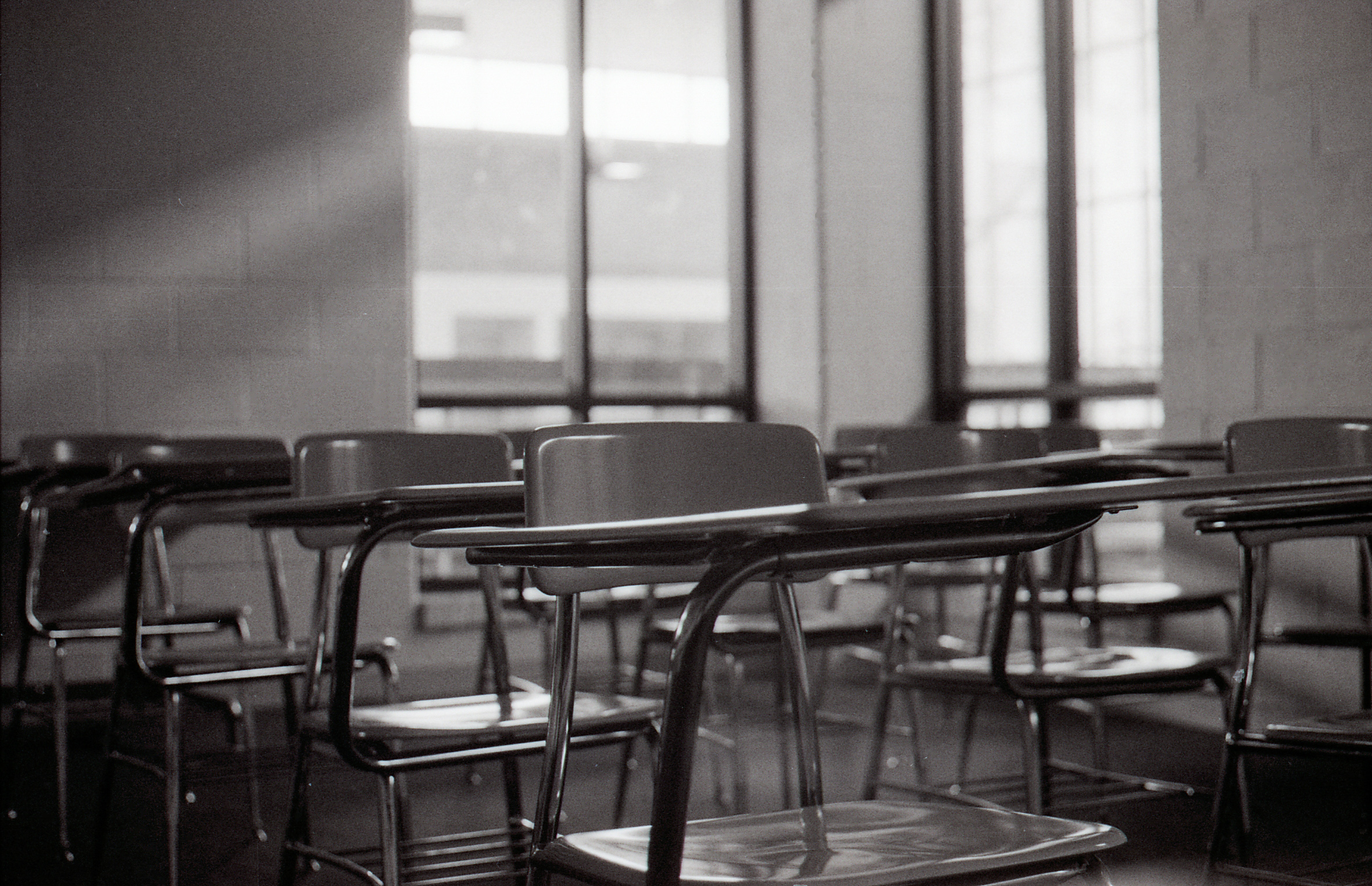In the wake of events such as those in Christchurch last week, there often is a deluge of information from various sources – what happened, how it happened, why it happened – all of which reaches young people in the same (potentially unfiltered) way as adults. At times like this, it is incredibly important to give young people a space to discuss these events, process what has happened and also express any anxiety caused by them.
As discussed by the Guardian, talking about issues such as terrorism can ignite wider discussions around politics or prejudice etc which are important in helping young people understand the world around them. When events like this occur, many young people will want to discuss them, which can bring both positive and negative responses from all of us. Creating this safe space for discussion can facilitate the positive responses and challenge (without confrontation) the negative ones.
As a response to this, we have put together a few resources to assist teachers/youth workers/anyone engaging with young people in exploring this in an informed, considered manner.
Tips for Teachers

As always, the Guardian Teacher Network have an article with tips for teachers on how to discuss terrorism in the classroom. However, we believe their tips can be used in any learning environment. The premise is a simple one:
- Introduce it
- Help the students with the facts
- Talk about freedom and rights
- Correct misunderstandings
- Show them the good
Each point has a number of links to assist in its delivery.
Finding resolve, speaking up and recognising problems
American website, Teaching Tolerance aims to help teachers and schools educate children and young people to be active participants in a diverse democracy. They provide free resources to educators—teachers, administrators, counselors and other practitioners—who work with young people of all school-going ages. Although their main target audience is based in the US, their resources are still very much relevant to those outside of the States. In particular;
- ‘Finding resolve after the New Zealand Mosque shootings’
- A Guide to responding to biased language or stereotypes in school: Speak Up at School
- And at the more extreme end, assistance for teachers on how to recognise the alt-right in the classroom
Framework for discussion
The Personal, Social, Health and Economic education association in the UK have put together a generic framework for discussing a terrorist attack. They state that normally they strongly advise that all learning in PSHE education is built into a planned progressive programme, there are times when we may need to respond immediately to unforeseen events. Terrorist attacks can create a variety of strong feelings, including curiosity, excitement, anxiety or fear. This discussion framework can be adapted to a range of situations, and provides a framework for young people to discuss such events, and provides opportunities to process what has happened in the safety of a classroom. This a very simple and effective tool for creating a discussion on these issues.
Teaching controversial issues
Again, a UK based teachers association, representing teachers involved in citizenship education. Born out of the Prevent Duty, the Association for Citizenship Teaching created a resource for teaching controversial issues, which may be of use in this context also. It also emphasises why it is important to teach controversial issues such as extremism.
These are some of the most helpful resources we have come across so far, however, if you have used some which you would like to add to the list, please do let us know. It is unfortunately something that all too often needed…

